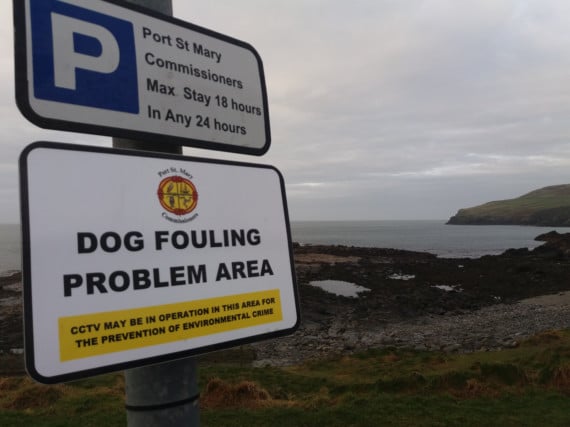Surveillance operations in the Isle of Man last year saved £176,000 from attempted benefit fraud.
’Authorised surveillance’ plays a key role in enabling public authorities to investigate matters, says surveillance commissioner Brendan O’Friel.
He states: ’In addition to the possible deterrent impact on potential offenders, the Treasury has identified that some £176,000 of overpayments and benefit savings have resulted from cases in which authorised surveillance played a significant part.’
The figure is higher than the previous year, but Mr O’Friel notes that some authorisations may relate to cases that were not completed in the same year.
In his annual report to Tynwald, Mr O’Friel said the number of authorisations he granted in 2017 was 54, which was down 15 on the previous year’s figures.
But he says variations from year to year are normal.
There were no authorisations for ’intrusive surveillance episodes’ during the year.
Mr O’Friel reveals: ’On one occasion during the year, I became aware of a report from the information commissioner that a local authority may have been considering using surveillance.
’I explained that this was not permissible under the (Regulation of Surveillance) Act and that no formal request about the issue had been received by me.’
Mr O’Friel does not name the authority concerned.
In October Port St Mary Commissioners announced it had introduced ’covert’ surveillance cameras to catch people allowing their dogs to foul pavements.
They were quickly told to stop the practice by the information commissioner Iain McDonald.
Meanwhile, interception of communications commissioner Susie Alegre has repeated concerns she has that the Isle of Man needs to update its laws.
In her annual report last year, she said laws needed to be modernised to keep up with international developments or the island could be put at ’serious risk’.
The Isle of Man system - under the Interception of Communications Act and the Theft Act - is not comparable with the UK in terms of scale and scope, but it has to meet the same standards under human rights law and ’be ready to react to the increasingly international nature of serious crime and threats to national security’.
In her latest annual report - which will be laid before this month’s sitting of Tynwald, along with that of the surveillance commissioner - Ms Alegre warns: ’The issues raised in my previous reports about the shortcomings of the current legislation in terms of international human rights law and the lack of clarity about arrangements for cooperation with other jurisdictions remain.’

-(1).jpeg?width=209&height=140&crop=209:145,smart&quality=75)
.png?width=209&height=140&crop=209:145,smart&quality=75)

.jpeg?width=209&height=140&crop=209:145,smart&quality=75)
Comments
This article has no comments yet. Be the first to leave a comment.